Crack Open the Truth: Eggs and Heart Health, Unscrambled!
Today, we are serving up a delicious dose of truth about a breakfast staple that often gets a bad rap: eggs. So, let's crack open the conversation about eggs and heart health!
For years, eggs have been unfairly demonized as villains in the quest for a healthy heart. The fear mongering centered around their cholesterol content, with many believing that indulging in eggs would send your cholesterol levels soaring straight into the danger zone. But hold onto your spatulas, because the truth is far more egg-citing than you might think!
Misconceptions About Eggs
First things first, let's scramble some misconceptions. Yes, it's true that eggs contain cholesterol, mainly found in the yolk. However, research has shown that dietary cholesterol has a minimal impact on blood cholesterol levels for most people. In fact, a meta-analysis published in the American Journal of Clinical Nutrition found that consuming eggs does not significantly affect the risk of heart disease or stroke in healthy individuals.
But wait, there's more sunny-side up news! Eggs are not just innocent bystanders in the quest for heart health; they're actually nutritional powerhouses packed with essential nutrients. From protein to vitamins and minerals like choline, selenium, and vitamin D, eggs are a nutrient-dense addition to any meal. Plus, they're incredibly versatile and egg-stremely delicious!
Eggs and Heart Health
Now, let's poach some misconceptions about eggs and their impact on heart health. One study published in the British Journal of Nutrition found that eating up to one egg per day was not associated with an increased risk of coronary heart disease or stroke. Another study published in the Journal of the American College of Nutrition found that egg consumption was associated with higher levels of HDL (good) cholesterol and did not adversely affect blood lipid profiles.
The Great News about Eggs
So, what's the sunny-side to all of this? It's time to embrace eggs as part of a heart-healthy diet! Whether you like them scrambled, poached, or sunny-side up, eggs can be a delicious and nutritious addition to your meals. Pair them with whole grain toast and avocado for a balanced breakfast, or add them to salads, snack plates, or sandwiches for a protein boost.
Of course, like any food, moderation is key. While eggs can absolutely be part of a heart-healthy diet, it's essential to enjoy them as part of a balanced eating pattern that includes plenty of fruits, vegetables, whole grains, and healthy fats. And if you have specific dietary restrictions or health concerns, it's always a good idea to consult with a registered dietitian for personalized guidance.
When we crack open the truth about eggs and heart health: they're not just for breakfast, and they're not something to fear. With their nutrient-rich profile and egg-ceptional versatility, eggs can be a delicious and nutritious addition to your diet. So go ahead, crack open a few eggs and savor the goodness!
References:
Fuller NR, Caterson ID, Sainsbury A, Denyer G, Fong M, Gerofi J, Baqleh K, Williams KH, Lau NS, Markovic TP. The effect of a high-egg diet on cardiovascular risk factors in people with type 2 diabetes: the Diabetes and Egg (DIABEGG) study-a 3-mo randomized controlled trial. Am J Clin Nutr. 2015 Feb;101(2):705-13. doi: 10.3945/ajcn.114.096925. Epub 2014 Dec 24. PMID: 25646321.
Rong Y, Chen L, Zhu T, Song Y, Yu M, Shan Z, Sands A, Hu FB, Liu L. Egg consumption and risk of coronary heart disease and stroke: dose-response meta-analysis of prospective cohort studies. BMJ. 2013 Jan 7;346:e8539. doi: 10.1136/bmj.e8539. Erratum in: BMJ. 2013;346:f761. PMID: 23295181; PMCID: PMC3538567.
Shin JY, Xun P, Nakamura Y, He K. Egg consumption in relation to risk of cardiovascular disease and diabetes: a systematic review and meta-analysis. Am J Clin Nutr. 2013 Jul;98(1):146-59. doi: 10.3945/ajcn.112.051318. Epub 2013 May 29. PMID: 23719549.


